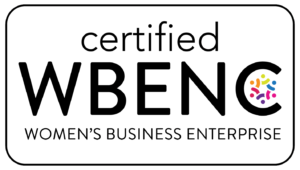The American Psychological Association defines resilience as the ability to quickly bounce back from changes, challenges, or traumatic events. Furthermore, the recovery process can affect intense personal growth. Employees rely on its leaders’ resiliency during turbulent times…they want to be assured that the company they work for will remain competitive, grow, and thrive.
In high pressure situations, resilient leaders accept difficult challenges; they think outside the box, create a crackerjack team, and create effective solutions—all without mistreating or disrespecting others.
Generally speaking, resilient leaders are calm under pressure and avoid projecting tension onto others. Instead of dwelling on human errors, they view mistakes as learning opportunities. They communicate confidently in times of crises. Also, they maintain important support networks to prioritize their mental and physical well being.
If you want to improve your resiliency as a leader consider this:
1. Never stop learning. Mental toughness and fortitude work hand-in-hand. Resilience is a character trait that requires exercise to grow stronger.
2. Increase self awareness. Learn to identify your stress triggers and how to manage them. Focus on your wellness and your workload. Improve your delegation skills to avoid feeling overwhelmed. Maintain a healthy lifestyle through wellness rituals such as exercise, rest/sleep, and work life balance.
3. Build positive relationships. Foster a strong network of trusted supporters who offer varying perspectives and skills. They can also be a source of emotional well being by providing empathy and reducing feelings of isolation.
During times of calamity, leaders have a responsibility to be tough, empathetic, wise, and resilient; if not, their company will fall into the hands of competitors.
In the comments below, share your best practices for improving resiliency and remember…make it a great day!







